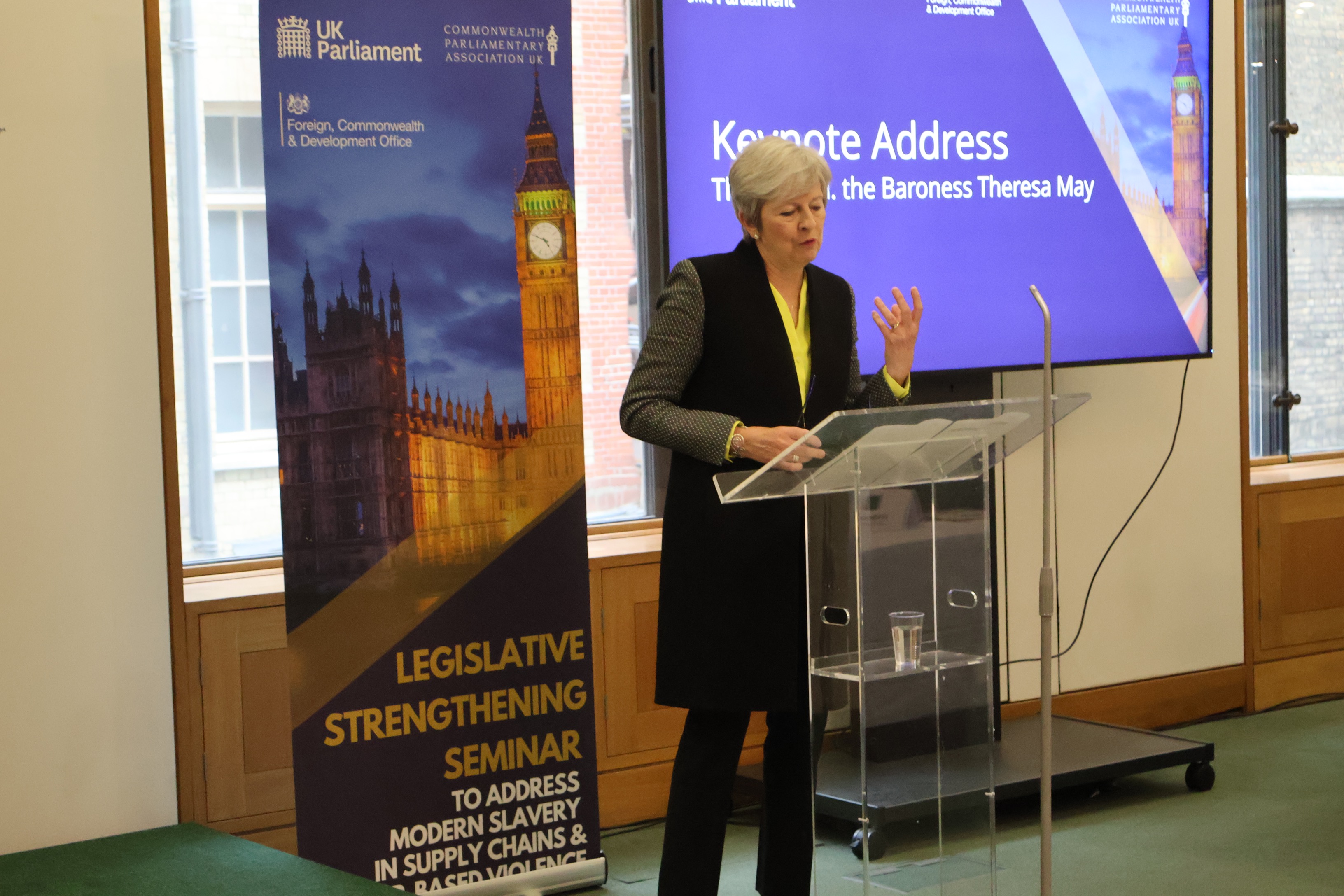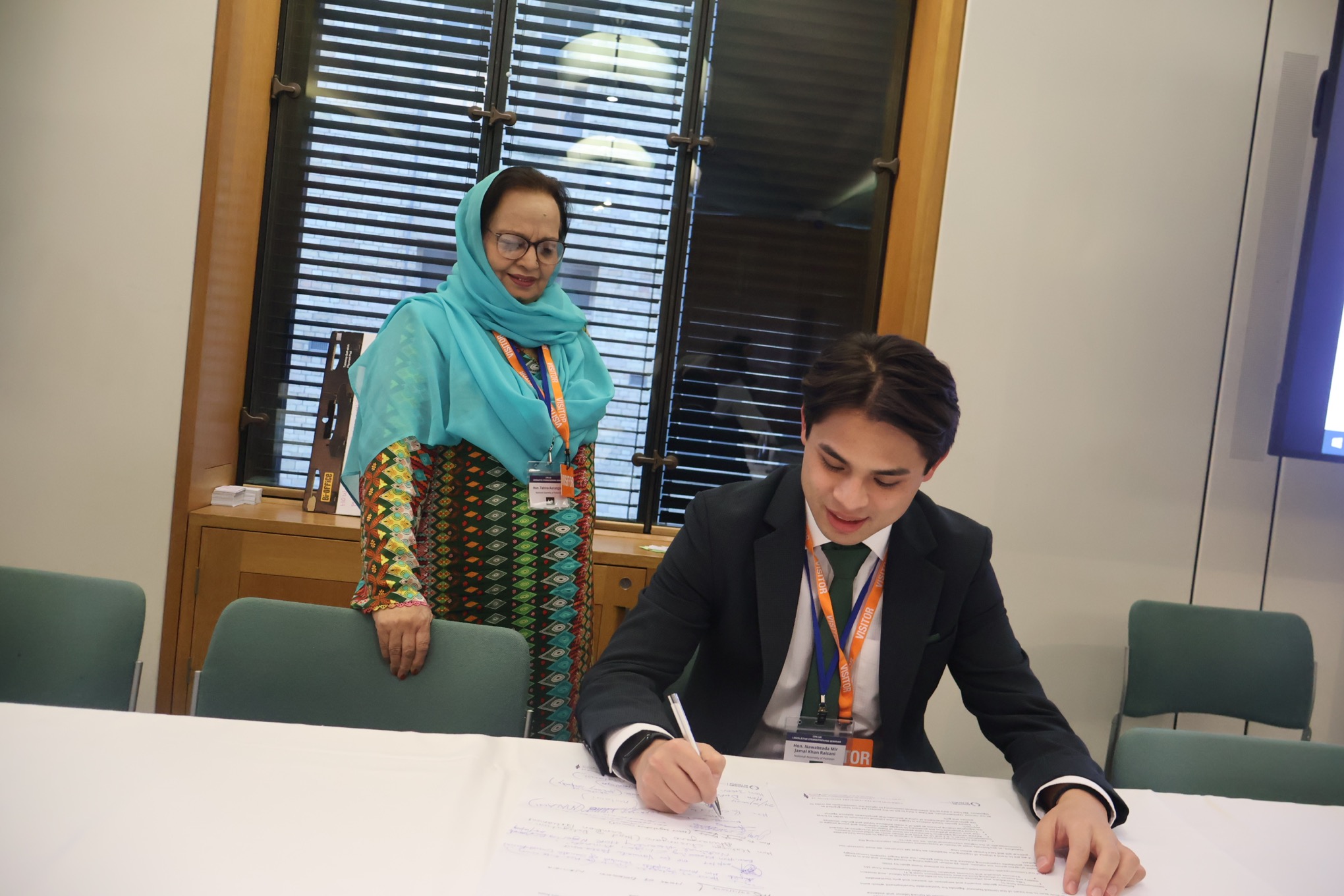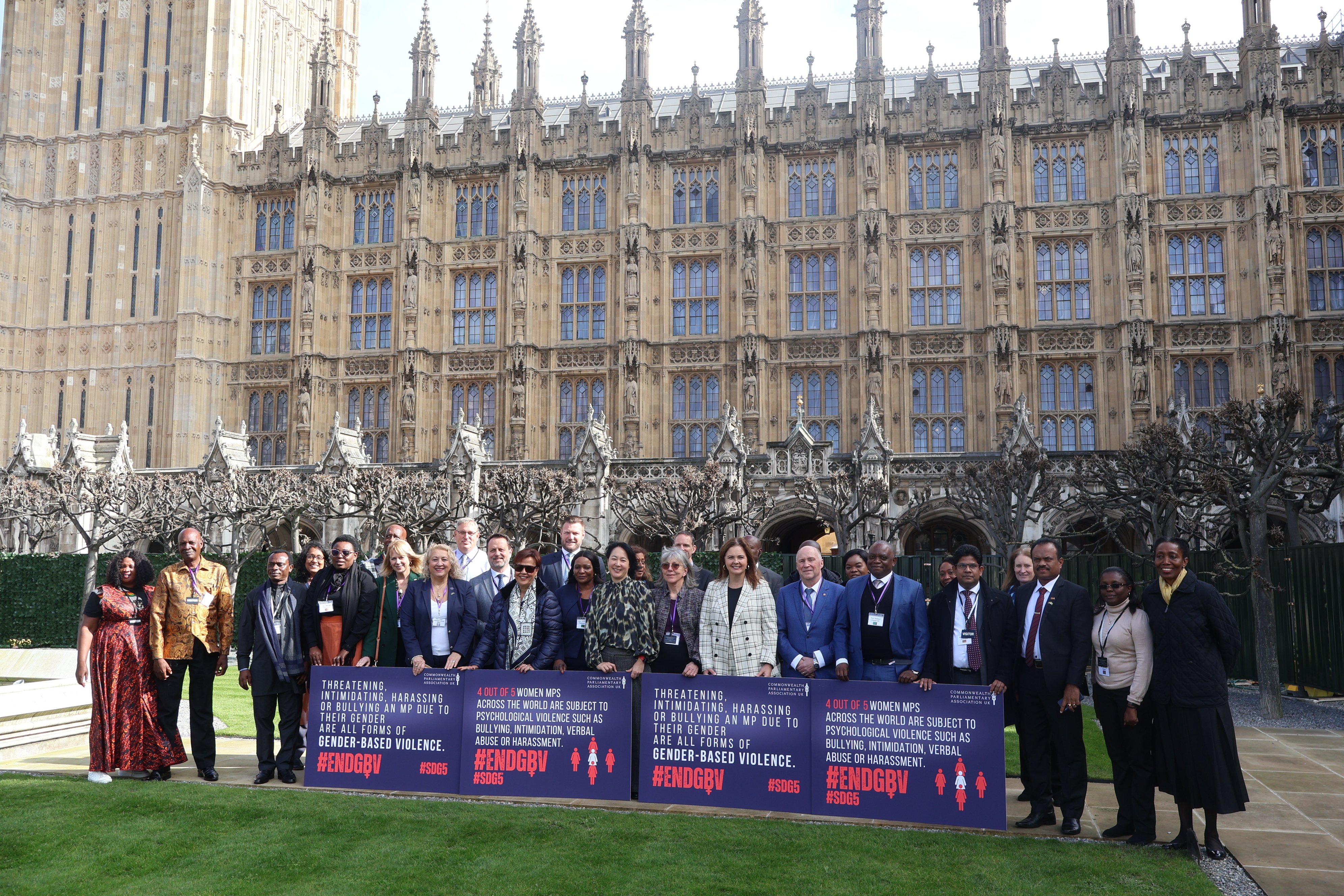How to Strengthen Legislation with Baroness Nicky Morgan, Part 2: Post-Legislative Scrutiny – Limitations & Opportunities to Strengthen Existing Law
Published 09 October 2024
By Jack Manners, CPA UK

By Jack Manners, CPA UK


Legislating Against Modern Slavery and Gender-Based Violence

“Take Further Action Now” on Gender-Based Violence and Forced Labour

How to Strengthen Legislation with Baroness Nicky Morgan, Part 2: Post-Legislative Scrutiny – Limitations & Opportunities to Strengthen Existing Law

How to Strengthen Legislation with Baroness Nicky Morgan, Part 1: Building Credibility, Leveraging Influence and Depoliticising Amendments

Commonwealth Parliamentarians Continue Mission to Eliminate Forced Labour and Violence Against Women and Girls

Commonwealth MPs Call for an End of Abuse Towards Female Members of Parliament at 72nd Westminster Seminar

Parliamentarians Across the Commonwealth Agree to Joint Resolutions to Address Gender-Based Violence and Modern Slavery in Supply Chains at CPA UK Workshop